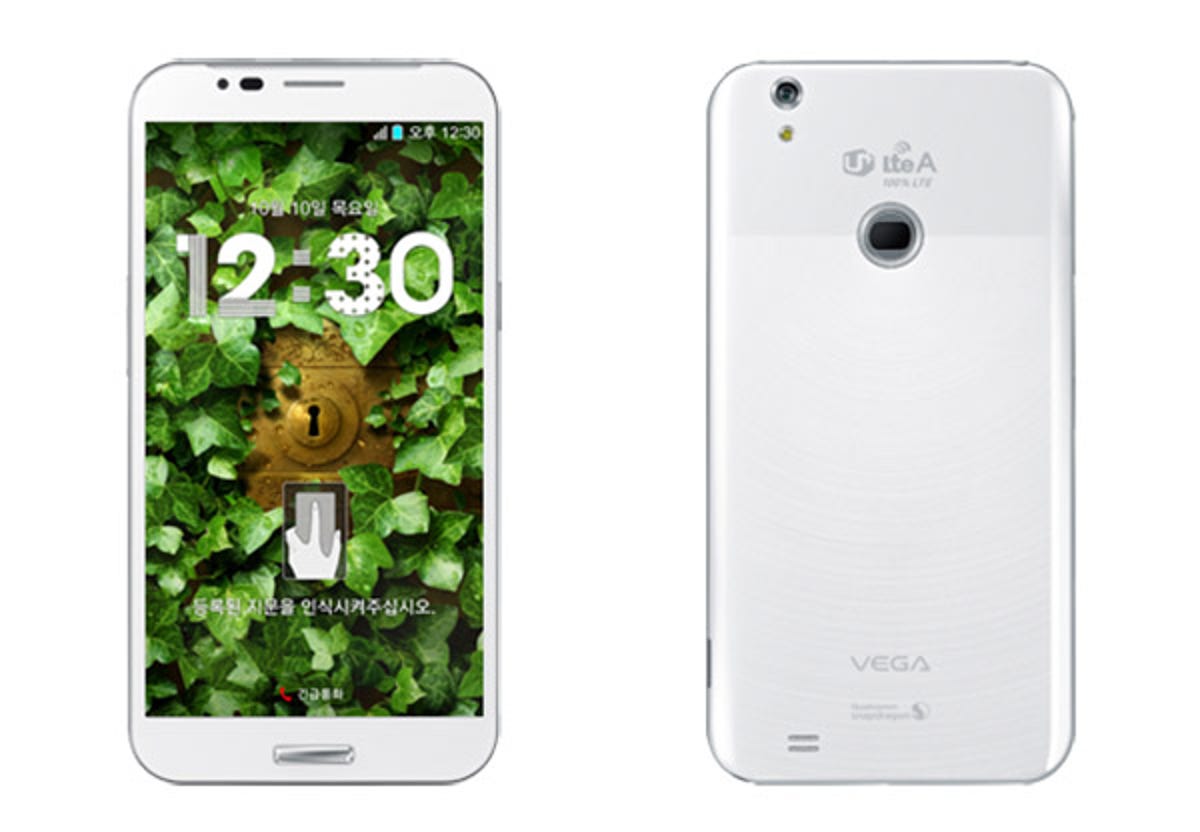
Pantech
In Korea’s mobile phone landscape, after Samsung and LG, Pantech plays third fiddle. Mostly operating in the domestic market, Pantech offers budget-friendly alternatives to rival companies and some of its flagship models, such as the Vega Secret Note, have been met with tremendous success. But the company now faces troubled waters as it draws near a debt repayment deadline amidst posting staggering profit losses.
Pantech will have to pay back an outstanding debt of 480 billion Korean won ($475 million, £277 million, AU$502 million) on July 4, a date set back in late February when the company filed for its second debt restructuring program. Unfortunately, the company is in no position to make good on its debts, having posted operating losses of 292 billion won last year and 6.7 billion in Q1 of 2014.
The list of Pantech’s creditors include financial institutions, investment banks, and Korea’s three network operators, SK telecom, KT and LG Uplus. And while the financial institutions and investment banks have agreed to a swap their 300 billion won debt to equity in the company, the three carriers have publicly stated that they are “undecided” on what to do with only two days remaining.
Of the three, SK Telecom is owed the most with 90 billion Korean won ($89 million, £52 million, $AU$94 million), while KT and LG Uplus are owed 45 billion Korean won ($45 million, £26 million, AU$47 million) each.
Should the carriers decide to follow suit with a debt to equity swap, they will have to pour in more capital to Pantech’s struggling business. They would also more than likely face capital reduction at a 10-to-1 ratio, meaning the value of their stakes would essentially shrink by a tenth.
Should the carriers refuse to agree to a swap, Pantech will have to file for bankruptcy. Recovering the original principal will be next to impossible and the carriers would also need to undergo the costly process of liquidating existing inventory of Pantech phones.
It will also have lasting effects on the market itself, leaving South Korea with a domestic duopoly of Samsung and LG. Foreign competitors could also penetrate the market to fill the void left by Pantech.
Another alternative suggested by analysts is the possibility of a foreign company, such as China’s Huawei, India’s Micromax or Japan’s Kyocera, choosing to enter the competitive Korean market by buying out Pantech.



